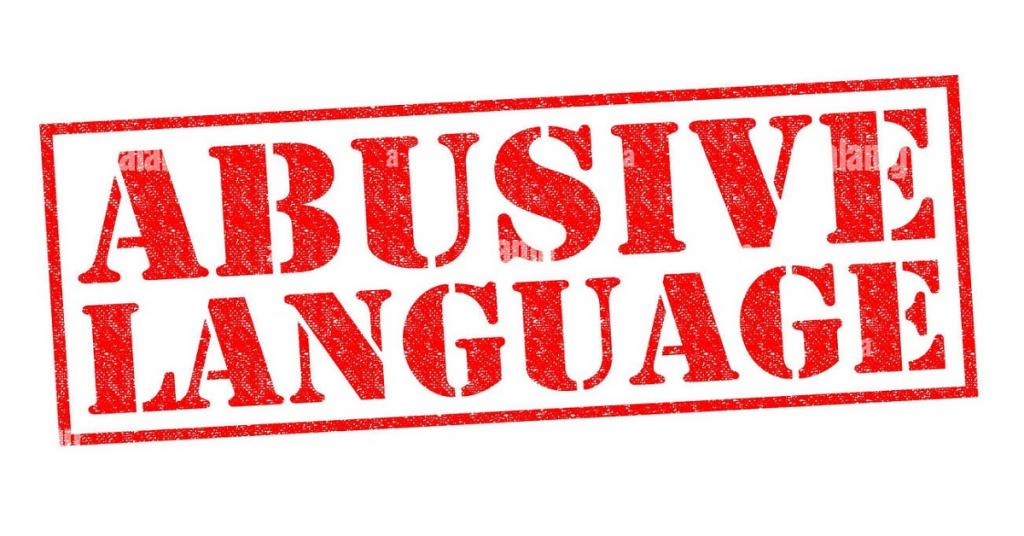A video has been making rounds on the internet, showing a group of men celebrating Rang Panchami in Khandwa, Madhya Pradesh. While the festival is a time of joy and colour, the atmosphere in the video is marred by a hateful slogan being shouted by the group.
(Trigger warning: Abusive Language)
The video may be viewed here:
⚠️Trigger Warning: Abusive Language.
“Teer maaro taan ke, Mullon ki g@nd pe”
These slogans are being raised in #Khandwa, #MadhyaPradesh on the occasion of #RangPanchami, a festival similar to #Holi.#Hindutva #HateSpeech #Holi2023 #RangPanchami2023 pic.twitter.com/I4oLCIDxWy
— Hate Detector 🔍 (@HateDetectors) March 13, 2023
CJP is dedicated to finding and bringing to light instances of Hate Speech, so that the bigots propagating these venomous ideas can be unmasked and brought to justice. To learn more about our campaign against hate speech, please become a member. To support our initiatives, please donate now!
The slogan, “Teer maro taan ke, Mullo ki g#*d pe“,” is deeply offensive and discriminatory. It is disturbing to see such hatred being spread during a time that is supposed to be about spreading love and happiness. Roughly translated it means, “Shoot the arrow with resolve, on the backside of Muslims (derogatory term used for Muslims).”
While it is easy to dismiss this incident as a one-off, it is crucial to acknowledge that such incidents are not isolated. This is particularly concerning given the current climate of religious and political tension in India.
As we celebrate festivals like Rang Panchami (Holi), let us remember the true spirit of the occasion – spreading love, joy, and unity. Let us reject hate and division, and strive towards building a society that is truly inclusive and accepting of all.
Related:
Memo seeking preventive action against Hindu Janajagruti Samiti event sent to authorities
Citizens’ attempts to prevent hate speech event ignored, Hate Event allowed by Ratnagiri Police
Worsening Spiral of Communal Hate: State’s role in rising violence against minorities
The threat and lawlessness of “Gau-Rakshaks” in North India
How the Supreme Court has interpreted hate speech over decades

